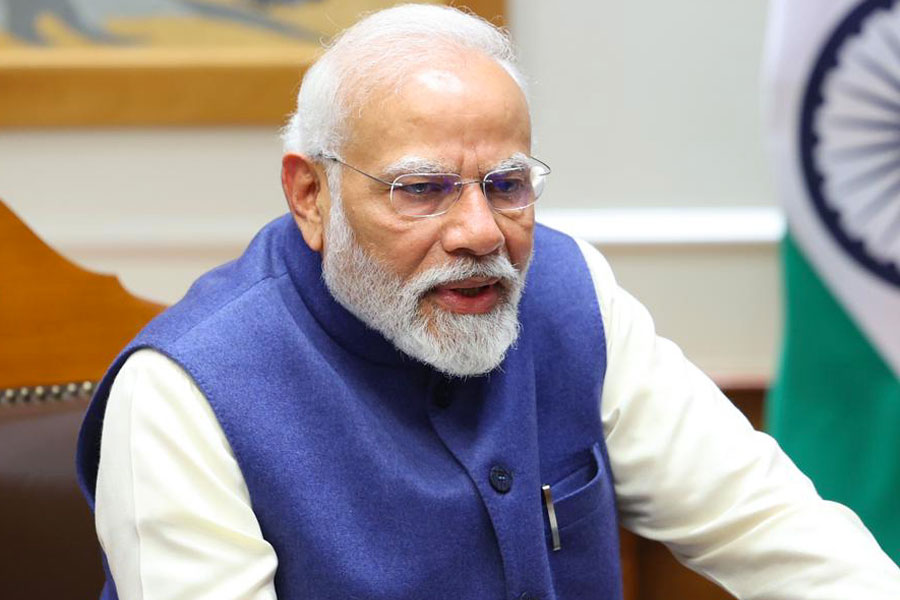Since so much around us is so full of despair, we have to celebrate what we can. Also, what cannot be cured has to be endured. Preferably swallowed, whole — like millets, or the ‘millet song’. For those who still do not know what it is, it is a song about millets. Yes. And it features Prime Minister Narendra Modi and has been nominated for the Grammy’s this year in the best global music performance category.
This is wonderful news. First, because the song could have been about vishwaguru. The prime minister had articulated the idea of India as a vishwaguru — teacher to the world — so well at the G20 Summit. But somehow, at the very thought of it, despite my best efforts, my mind collapses like the Silkyara Bend-Barkot Tunnel, with no hope in sight — not in 16 days, not in the entire amrit kaal.
Second, the song is about millets. I may look like I am repeating myself, but the song is about millets and nothing else. At least apparently. It is called “Abundance in Millets” and it is very educational. In the song, composed and sung by Falu (Falguni Shah, a Grammy winner) and Gaurav Shah, an Indian-origin couple in the US, we get lots of interesting facts about millets. Such detailed information can perhaps be communicated effectively through WhatsApp about the growth in the Muslim population, but not about millets. You need a song that will go to the Grammy’s to talk about millets.
The song is in English and Hindi and names many kinds of millets. It does so in Hindi, but the subtitles inform us that the English names are pearl millet, sorghum, finger millet, kodo, amaranth, foxtail and buckwheat. World hunger will end and the world will come together, if we all together have shree anna, our dear millets.
Third, the song is such a fitting, healthy, refreshing, vegetarian answer to the malicious question that the prime minister was asked recently during his State visit to the US about human rights violations against minorities in India. Watch the song, you fools, even if you don’t listen to it. India is a pastoral idyll, all green fields, bursting with jowar and bajra and ragi and nachni and a happy normative family, father, mother and child, one in number, happy against the lush green of millets, probably singing the song, though we cannot hear them. Which brings Keats to mind: “Heard melodies are sweet, but those unheard/ Are sweeter…” Also, Andrew Marvell, in “To His Coy Mistress”: “My vegetable love should grow/ Vaster than empires and more slow.”
Minorities? What minorities? They do not even exist!
Fourth, the song is a visual treat. It comes with a graphic chart that lists the nutritional values of millets: they contain potassium, magnesium, phosphorus, calcium, iron, zinc, all marked in different colours. It reminded me of my school biology project and I became very nostalgic. Then, the prime minister appeared twice in the song, extolling the virtues of millets, in prose, though.
The prime minister had asked Falu after she won a Grammy last year for children’s songs to create a song on the benefits of millets and the role they can play in stopping world hunger, and then collaborated with her on the song, co-wrote it and appeared in it. I could go on, but I am approaching my word limit. This brings me to my point: this song, with its bold experiment of thought, imagery, visuals, music and lyrics (the last two I could not even describe), transcends its limits. It has gone where very few songs have before: it has become a PowerPoint presentation. And the prime minister has achieved his aim without actually screaming it. We know the vishwaguru has spoken. India is teaching.
I do not know how the song got its Grammy nomination and I do not want to know. But I want to nominate the prime minister for an Oscar for his performance in it. It is high time he got the award.
Meanwhile, I will try to train my tender, rice-eating, Bengali stomach for things harder, even more so than millets.










